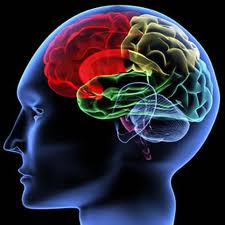 Many injuries are easy to understand and easy to recover from – a broken bone, for example is easy to see and will usually heal over time. However, other injuries, such as traumatic brain injuries, can be much more difficult to understand and recover from.
Many injuries are easy to understand and easy to recover from – a broken bone, for example is easy to see and will usually heal over time. However, other injuries, such as traumatic brain injuries, can be much more difficult to understand and recover from.
One common consequence of traumatic brain injuries is memory issues and memory problems. The severity and type of memory problems that victims suffer from depends heavily on the seriousness of the accident and the severity of the brain injury. Many people who have suffered from head injuries in accidents may continue to have the following memory problems:
• Short-term memory problems. People who suffer from short-term memory problems as a result of a head injury may have trouble recalling facts and events from a few minutes to a few hours in the past. They may ask the same questions multiple times, forget to complete tasks, or need to keep detailed notes on their day-to-day lives.
• Long-term memory problems. Much more rare than short-term memory loss, long-term memory loss occurs when patients cannot remember events far in the past. While many head injury victims do not suffer from amnesia, in which they forget whatever came before the accident, many brain injury patients don’t remember the day of their accident.
• Immediate memory problems. Immediately memory is memories that are stored in the short-term – perhaps a few minutes at most. Acquire immediately memory issues during a head injury can be life-changing, as it can make retaining information, holding down a job, or even enjoying life more difficult.
While some memory issues will improve with therapy in the wake of a traumatic brain injury, those with serious head injuries will often struggle with some form of memory loss for the rest of their life.